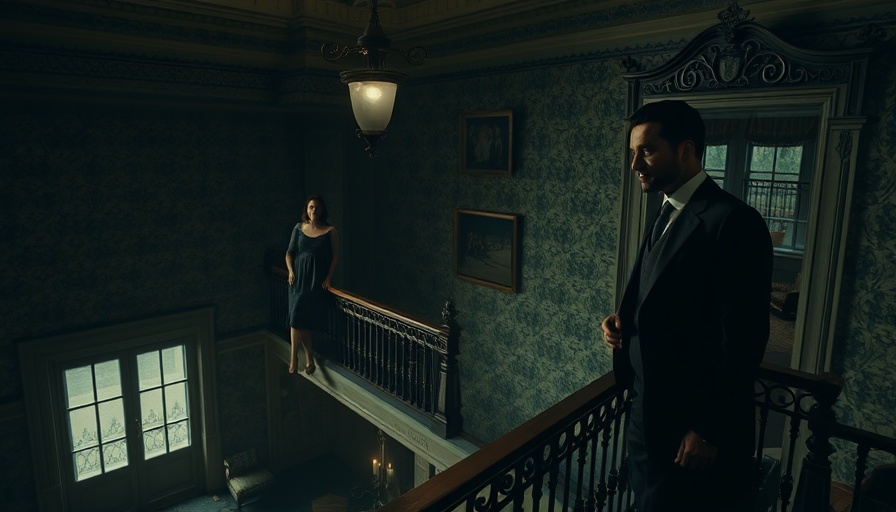
Exploring AI's Role in Reviving Lost Film Masterpieces
In a notable intersection of artificial intelligence and classic cinema, a startup named Fable has embarked on a remarkable journey to reimagine Orson Welles' legendary film, The Magnificent Ambersons. This initiative raises intriguing questions about AI's capabilities, respect for artistic integrity, and the ethical considerations surrounding creative ownership.
A Unique Approach to a Forgotten Film
Fable's ambition to recreate the lost 43 minutes of Welles' masterpiece—originally released in 1942—could be perceived as both innovative and controversial. While Fable aims to harness AI technology to produce complex narratives reminiscent of traditional storytelling, the lack of rights to the film suggests a tech demo, not a public release.
This decision might stem from a desire to explore potential avenues for future projects involving Hollywood intellectual property, particularly as it relates to the increasing synergy between technology and storytelling. Brian Rose, the filmmaker behind this project, has dedicated five years to reconstructing Welles' original vision, illuminating the unresolved social and cultural commentary embedded within the film.
The Legacy of Orson Welles and His Works
Why delve into a project centered around The Magnificent Ambersons? For many, Welles stands as an icon whose works evoke both admiration and reflection on lost potential. Citizen Kane, often lauded as the greatest film, diminishes the narrative of Welles’ second film, overshadowing its themes of nostalgia and regret.
The film’s reputation partly stems from its incomplete status—a product of studio overreach that altered Welles’ vision with cut scenes and a new concluding happy ending. This critical perspective drives Fable’s enthusiasm as it attempts to restore the film’s artistic essence, despite the complexities of copyright infringement.
An Analytical Dive into the Technology
Fable's platform positions itself as the 'Netflix of AI,' showcasing how technology can immerse audiences in new forms of creation. Currently, users can generate their own cartoons using AI, setting the stage for broader applications in narrative storytelling across various media.
The potential AI has in reconstructing lost narratives is significant, yet it also leads to questions about the boundaries of creativity. Can AI reproduce the depth of human emotion and insight demonstrated in Welles’ original works? As technology continues to define and redefine storytelling, it heralds a future filled with potential yet fraught with challenges in authenticity and originality.
Ethical Considerations and Potential Backlash
The launch of Fable's project has sparked conversations about the ethical implications of using AI in creative processes, particularly when dealing with established works. Critics might argue that this risks commodifying art and eroding the unique human touch that shapes storytelling.
Furthermore, as AI continues to disrupt traditional media, there is a potential backlash against technology encroaching upon artistic domains. The intersection of AI and creativity challenges creators and audiences alike to consider the implications of trusting machines with narrative constructs that have historically demanded human intuition.
What Lies Ahead for AI and Cinema?
As we look to the future, the collaboration between technology and traditional storytelling forms opens a dialogue around innovation in cinema. The possibilities are vast—from resurrecting lost films like The Magnificent Ambersons to creating entirely new narratives informed by AI's data-driven capabilities.
As filmmakers, technologists, and audiences navigate these uncharted waters, the ability for AI to coexist with human creativity will shape the next wave of cinematic experiences.
Conclusion: Should We Embrace AI in Storytelling?
The endeavor by Fable reflects broader trends within tech and entertainment, emphasizing the ever-evolving landscape of digital content. As Central Ohio continues fostering tech innovation, staying informed on these developments is crucial for emerging leaders in entrepreneurship and creativity.
Embrace the future of storytelling and technology. Get involved with local startups shaping the digital landscape and join discussions that could influence the trajectory of film and storytelling for generations to come.
 Add Row
Add Row  Add
Add 




Write A Comment